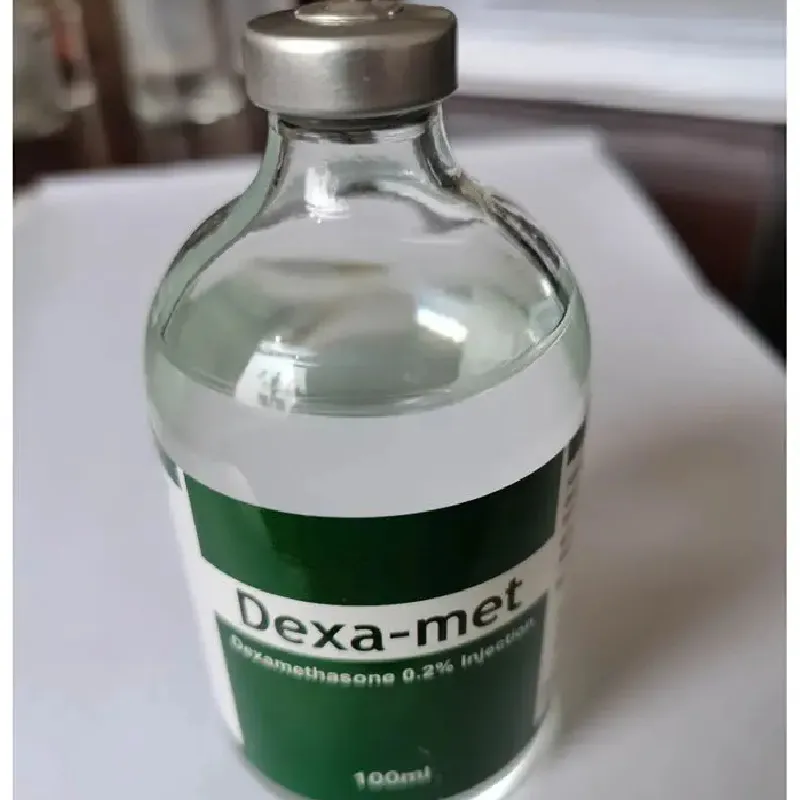- Afrikaans
- Albanian
- Amharic
- Arabic
- Armenian
- Azerbaijani
- Basque
- Belarusian
- Bengali
- Bosnian
- Bulgarian
- Catalan
- Cebuano
- Corsican
- Croatian
- Czech
- Danish
- Dutch
- English
- Esperanto
- Estonian
- Finnish
- French
- Frisian
- Galician
- Georgian
- German
- Greek
- Gujarati
- Haitian Creole
- hausa
- hawaiian
- Hebrew
- Hindi
- Miao
- Hungarian
- Icelandic
- igbo
- Indonesian
- irish
- Italian
- Japanese
- Javanese
- Kannada
- kazakh
- Khmer
- Rwandese
- Korean
- Kurdish
- Kyrgyz
- Lao
- Latin
- Latvian
- Lithuanian
- Luxembourgish
- Macedonian
- Malgashi
- Malay
- Malayalam
- Maltese
- Maori
- Marathi
- Mongolian
- Myanmar
- Nepali
- Norwegian
- Norwegian
- Occitan
- Pashto
- Persian
- Polish
- Portuguese
- Punjabi
- Romanian
- Russian
- Samoan
- Scottish Gaelic
- Serbian
- Sesotho
- Shona
- Sindhi
- Sinhala
- Slovak
- Slovenian
- Somali
- Spanish
- Sundanese
- Swahili
- Swedish
- Tagalog
- Tajik
- Tamil
- Tatar
- Telugu
- Thai
- Turkish
- Turkmen
- Ukrainian
- Urdu
- Uighur
- Uzbek
- Vietnamese
- Welsh
- Bantu
- Yiddish
- Yoruba
- Zulu
8 月 . 19, 2024 14:31 Back to list
Effective Cough Remedies for Respiratory Syncytial Virus Symptoms and Relief
What is the Best Cough Medicine for RSV?
Respiratory Syncytial Virus (RSV) is a common respiratory virus that primarily affects infants and young children, although it can also impact older adults and those with weakened immune systems. While RSV often manifests as a mild cold in healthy individuals, it can lead to severe respiratory issues, such as bronchiolitis and pneumonia, particularly in vulnerable populations. One of the hallmark symptoms of RSV is a persistent cough, which can be distressing for both the child and the caregivers. When it comes to managing a cough due to RSV, it’s essential to understand the underlying causes and appropriate treatment options.
Unlike bacterial infections, RSV is a viral infection, and as such, antibiotics are not effective. When treating a cough associated with RSV, the aim is to relieve symptoms rather than to cure the virus itself. Over-the-counter cough medications are widely available, but it's crucial to choose the appropriate one based on the age and specific symptoms of the child.
For children under the age of four, the American Academy of Pediatrics generally advises against the use of over-the-counter cough and cold medications. This recommendation comes from concerns about efficacy and potential side effects. Instead, caregivers are encouraged to use safer home remedies and symptomatic treatments.
Here are some effective approaches to alleviate cough symptoms associated with RSV
1. Hydration Keeping the child well-hydrated is essential. Fluids help to thin mucus secretions, making it easier for the child to expel mucus and reducing the cough reflex. Offer plenty of water, clear broths, or electrolyte solutions.
what is the best cough medicine for rsv

2. Humidifiers Using a cool-mist humidifier in the child's room can help moisten dry air, soothing irritated airways and making breathing easier. Make sure to clean the humidifier regularly to prevent bacteria and mold growth.
3. Saline Nasal Drops Over-the-counter saline nasal drops can help relieve nasal congestion. By using saline drops, caregivers can help clear the nasal passages, which in turn can reduce post-nasal drip—a common trigger for coughing.
4. Elevating the Head Elevating the head of the child’s bed can help reduce coughing at night. This position can make breathing easier and minimize the potential for mucus to accumulate in the throat.
5. Honey For children over one year old, honey can be a natural remedy for soothing cough. Honey has been found to be effective in reducing nighttime cough and improving sleep. However, honey should never be given to infants under one year due to the risk of botulism.
6. Follow-Up with a Pediatrician If the cough persists or is accompanied by other troubling symptoms such as difficulty breathing, wheezing, high fever, or if the child appears lethargic, it’s imperative to seek medical advice. A healthcare professional may recommend additional treatments or even bronchodilators if wheezing is present.
In conclusion, treating a cough associated with RSV requires a thoughtful approach. While over-the-counter medications are usually not recommended for young children, various home remedies can provide relief. Always consult a healthcare professional to tailor a treatment plan that addresses the specific needs of the child and ensures their safety. Ultimately, the priority should be on keeping the child comfortable while their body naturally fights off the infection.
-
The Power of Radix Isatidis Extract for Your Health and Wellness
NewsOct.29,2024
-
Neomycin Sulfate Soluble Powder: A Versatile Solution for Pet Health
NewsOct.29,2024
-
Lincomycin Hydrochloride Soluble Powder – The Essential Solution
NewsOct.29,2024
-
Garamycin Gentamicin Sulfate for Effective Infection Control
NewsOct.29,2024
-
Doxycycline Hyclate Soluble Powder: Your Antibiotic Needs
NewsOct.29,2024
-
Tilmicosin Premix: The Ultimate Solution for Poultry Health
NewsOct.29,2024













